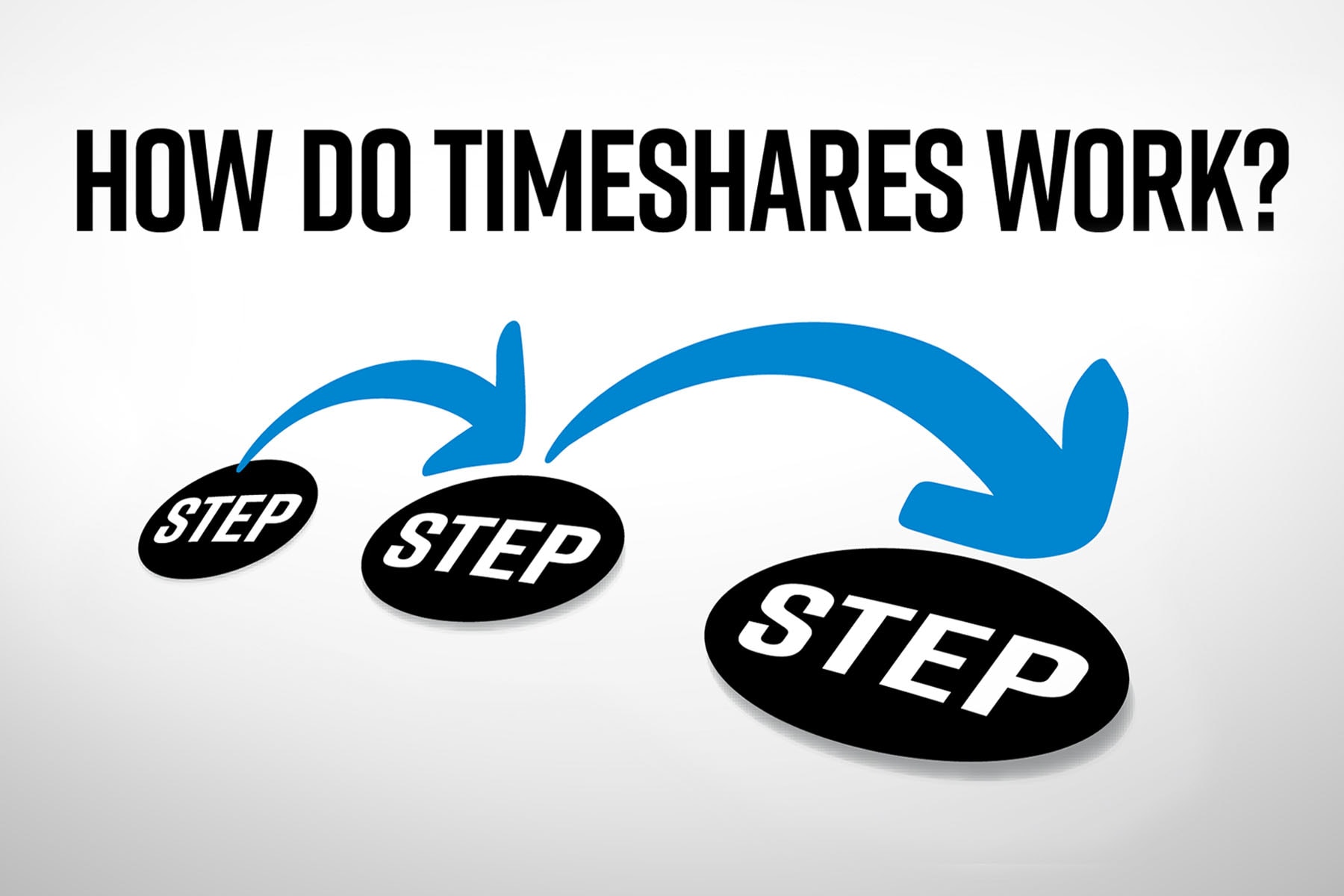Table of Contents
How Timeshare Right of First Refusal Impacts Owners and Buyers
Timeshare ownership does not always live up to its promises. Whether it is the increasing maintenance fees or the inability to use the property, buyers often get disappointed. What’s worse is timeshare agreements can be challenging to get out of. As a result, the resale market gets flooded with anguished owners looking to offload their unwanted timeshare problems.
Alas, reselling a timeshare is complicated. What is not always common knowledge is that all timeshare resales must first go through a right of first refusal (ROFR) before closing.
Be aware of the ROFR clause if you are considering buying or selling a timeshare, as it can impact the transaction. The guide below explains this clause’s effects on the secondary timeshare market.
FREE
Timeshare Exit Info Kit
Get your free Timeshare Exit Info Kit today to learn more about Wesley Financial Group and how we may be able to help you get out of your timeshare.
Timeshare Exit Info Kit
Get your free Timeshare Exit Info Kit today to learn more about Wesley Financial Group and how we have saved 50,000 families over $635 million in timeshare debt.
Understanding the Right of First Refusal In Relation to Timeshares
The ROFR for a timeshare agreement is a contractual privilege for original resort developers, giving them exclusive access to buy back the property from existing owners. Thus, before selling to a third party, the timeshare company that sold it has the opportunity to match the offer and retain the unit.
The right of first refusal is common in this industry. It protects the interest of the particular resort.
Some owners are so desperate they will resell for pennies on the dollar. Lower prices in the secondary market will mean less profit for the actual resort. So, rather than allowing consumers to buy resale timeshares for cheap, resorts will exercise their ROFR to recover the units and sell them again.
What Is a Timeshare?
A timeshare is vacation ownership where multiple individuals can own a share of the same property by dividing reservation periods. Buyers pre-pay or finance their future vacations. These are often lifetime commitments for trips at either the same resort or within a family of resorts. The typical timeshare interval is one week per year. For instance, one unit can be split up amongst 52 owners, giving each owner an annual one-week reservation.
What Is the ROFR?
The right of first refusal is a standard legal clause in business deals that allows certain parties priority. It works the same with real estate. This stipulation can be common for rental leases. Tenants with this contractual condition will have the first chance at acquiring property from the landlord if they list it for sale. If someone else wants to buy, the person with the ROFR can buy it or let the seller talk to potential buyers.
How Does a Timeshare Right of First Refusal Work?
According to Wesley Mortgage, understanding the ROFR process is essential when diving into the real estate market. The timeshare resale market is no different. While every timeshare company has a ROFR clause, the conditions and deadlines will vary. Following are the five steps of the process:
- Timeshare Owners Lists On the Resale Market: The sale process begins when an existing owner (i.e., not through the resort) puts their unit up for sale.
- Potential Buyer Makes an Offer: When an interested third party expresses interest, they make an offer and then negotiate the terms of the sale.
- Offer Gets Accepted and Closed: After the offer is accepted, terms are agreed upon, and the paperwork is signed. The closing documents go to the resort for their ROFR review.
- The Resort Evaluates the Sale Agreement: The property developers will assess the timeshare’s resale terms, considering the points or weeks listed, the unit size, and outstanding balances.
- The ROFR Is Exercised or Waived: The resort decides whether to allow the resale transaction or interrupt the sale to buy back the timeshare.
Impact on Timeshare Resales
When buying or selling vacation ownership with a ROFR clause attached, the transaction may change at the last minute. Consider getting a timeshare value analysis to get a better idea of whether the resort may exercise its right. While buyers and sellers will be impacted, their experiences differ.
What does ROFR mean for the buyer?
If you are the buyer of a timeshare resale and the resort exercises its right of first refusal, the purchase will be canceled. While not completing the deal can be disappointing, it is 100 percent refundable. Sometimes, the resort will even offer to apply the escrow or deposit to the sale of a different timeshare unit, though that may be more expensive.
If the timeshare company waives the ROFR, the original sale will proceed without interruption. The buyer can then proceed to the closing stages of the purchase.
What does ROFR mean for the seller?
Nothing changes for the seller whether the resort exercises its right of first refusal or not. The original sale terms do not vary, other than the recipient and their name on the paperwork if the resort steps in. If the resort uses the ROFR, it must abide by whatever terms the buyer had agreed with. If the resort waives the clause, the sale will be completed with the buyer as planned.
Please consult with a legal professional for a better understanding of your ROFR before listing a timeshare for sale.
How Wesley Financial Group Can Help Timeshare Owners
Reselling timeshares is already a tough market, and the ROFR process makes it more complicated. On top of that, resale scams have become an issue within this industry. Alas, there are other ways to exit a timeshare agreement. In recent years, timeshare exit companies, in particular, have climbed the ranks as reputable resources.
If you are looking for an exit company you can trust, consider the excellent track record of Wesley Financial Group LLC* (WFG). With 40,000 timeshare cancellations over the past decade, their reputation speaks for itself.
WFG helps individuals who have been misled in a timeshare purchase. If that is you or someone you know, reach out to a WFG representative. Their cancellation services may help you reach financial freedom.

Over 50,000 families helped!
Find out if you can cancel your timeshare. Schedule a FREE consultation with timeshare cancellation experts now.
Get Rid of Your Timeshare
Schedule a FREE Consultation with one of our timeshare cancellation experts who have saved families over $635 million.









